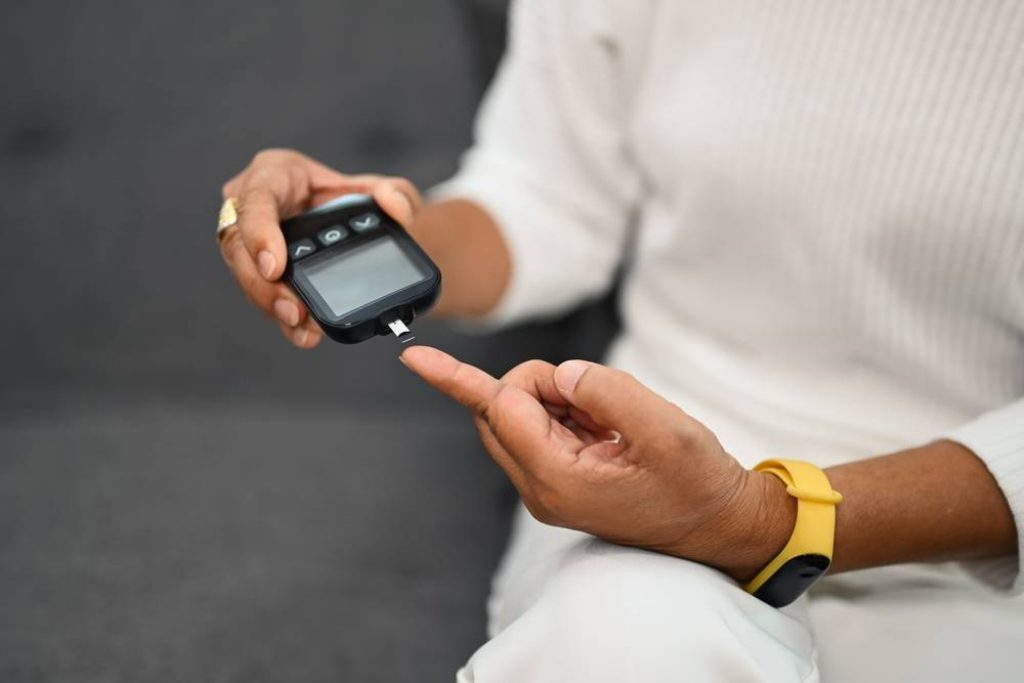
2023 Medicare Changes For Diabetes Treatment
Diabetes is a debilitating and even life threatening disease that millions of Americans suffer from. The number of diabetes cases has been increasing drastically in recent years, including among seniors. This condition requires proper and on-going medical treatment and thus seniors with diabetes depend on Medicare to help pay for this care.
Related Topics (Sponsored Ads):
Medicare is the national health insurance program run by the U.S. federal government. Virtually all citizens are automatically enrolled and covered upon turning 65 years old. However, the “parts” of Medicare that cover medical treatments for conditions such as diabetes, are covered by Part B and Part D. These coverages have to be enrolled in and a premium paid for them – they are not automatic. Only Part A (hospitalization) is automatic and free for most seniors. Part B covers medical supplies and equipment, such as hypodermics, blood glucose machines and test strips, insulin pumps and so on. Part D covers prescription drugs and treatments, including insulin and diabetes drugs.
In addition to doctor care, equipment and supplies and drugs, Medicare also provides help with other types of treatments and services related to diabetes. In the fall of each year, the Social Security Administration reviews coverages of the various Parts and makes changes as they deem fit – which take effect at the start of the next year. Some of the changes for 2023 involve diabetes coverage and treatments. These changes, plus existing important diabetes coverages and treatments, are discussed below.

Inflation Reduction Act
This new comprehensive law was passed to help people pay for essential items, including medicine. All Type 1 diabetes and many Type 2 diabetes patients take insulin to treat their diabetes. In recent years, the cost of insulin has increased greatly, making it too expensive for many seniors even with Social Security coverage. Thanks to this Act, beginning January 1, 2023, people with Medicare drug coverage who take insulin will see their out of pocket costs capped at $35 for a month’s supply of each covered insulin product. Also, a Part D deductible won’t be applied to covered insulin products.
Starting July 1, 2023, people with Traditional Medicare who take insulin through a pump mechanism covered under Medicare’s durable medical equipment benefit, a deductible won’t apply and cost-sharing will be capped at $35 for a month’s supply of that insulin.
People who have drug coverage through a Medicare Advantage plan will also be covered by this new law. By the way, this law won’t directly impact Medicare Part D premiums for 2023. As announced in July 2022, Medicare Part D premiums for a basic plan on average will actually decrease by 1.8 percent in 2023.
Please note this new provision does not apply to oral medications to control Type 2 diabetes or non-insulin injectable medications.
Type 1 Diabetes Coverage
Medicare Advantage (MA) and Part D plans can still limit coverage to certain brands of insulin, however they must cover at least one of each type of insulin (long-acting, rapid-acting, etc) and in the different delivery forms (vials, pens, etc). People with Medicare coverage and T1D now can choose from nearly all FDA-approved continuous glucose monitors (CGMs) to measure their blood glucose levels. Increased choice makes it easier to use the CGM that works best for your particular needs. Also, virtually all artificial pancreas systems are now covered by Medicare for patients with T1D. Please note that your CGM, test strips, insulin pump or supplies will still be subject to the deductible, which is $226 for Part B and a maximum of $505 for Part D plans.
Chronic Care Management Services
If you have two or more serious chronic conditions (like COPD and diabetes) that you expect to last at least a year, Medicare may pay for a health care provider’s help to manage those conditions. This includes a comprehensive care plan that lists your health problems and goals, other providers, medications, community services you have and need, and other health information. It also explains the care you need and how it will be coordinated.
Equipment, Supplies, and Therapeutic Shoes
Medicare can help pay for meters that measure blood glucose (blood sugar) and related supplies, including test strips, lancets, lancet holders, and control solutions. Medicare also covers tubing, insertion sets, and insulin for patients using insulin pumps, and sensors for patients using continuous glucose monitors. In addition, Medicare covers one pair of extra-depth or custom shoes and inserts per year for people with specific diabetes-related foot problems.
Part B will pay for 80% of the Medicare approved amount for covered supplies and equipment. The Part B deductible also applies. Part D drug coverage plans may cover insulin, certain medical supplies used to inject insulin (like syringes), disposable pumps, and some oral diabetes drugs. Check with your specific plan for more information.
Diabetes Self-Management Training
Medicare covers certain approved diabetes outpatient self-management training programs that teach you how to cope with and manage your diabetes. The program may include tips for eating healthy, being active, monitoring blood glucose (blood sugar), taking prescription drugs, and reducing risks. You must have been diagnosed with diabetes and have a written order from your doctor or other health care provider. Some patients may also be eligible for medical nutrition therapy services. You pay 20% of the Medicare-approved amount and the Part B deductible applies.




